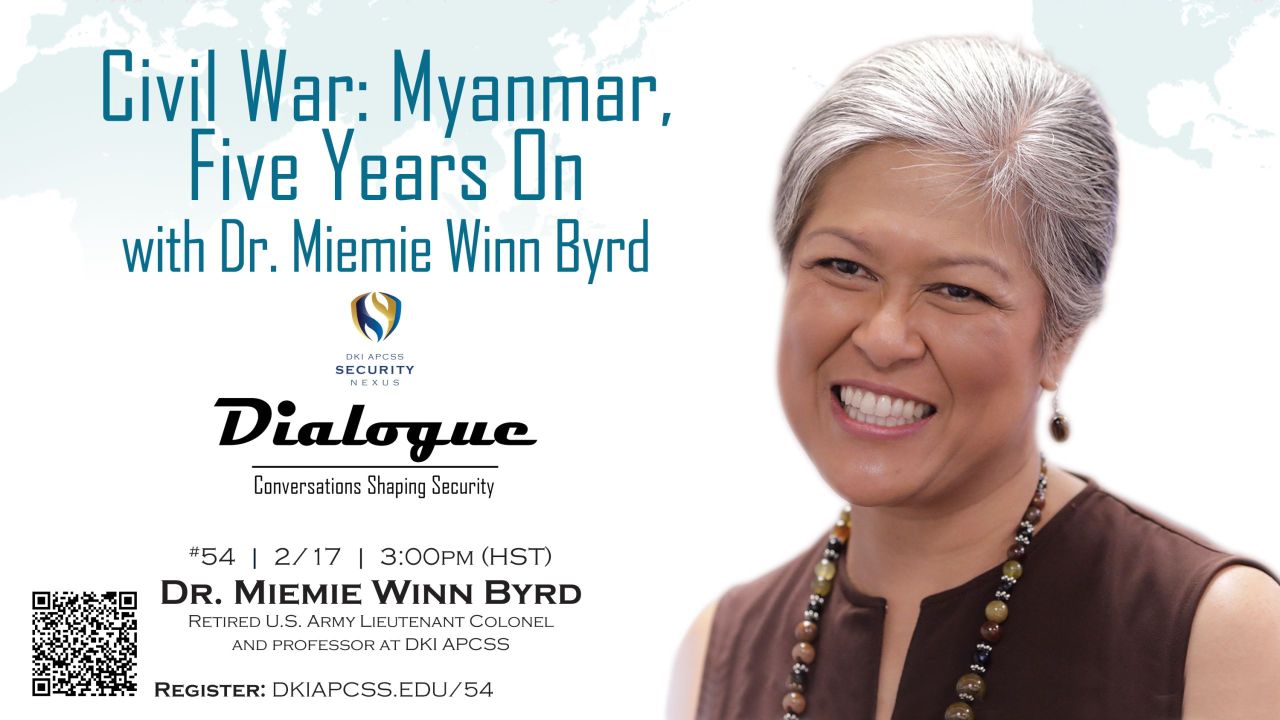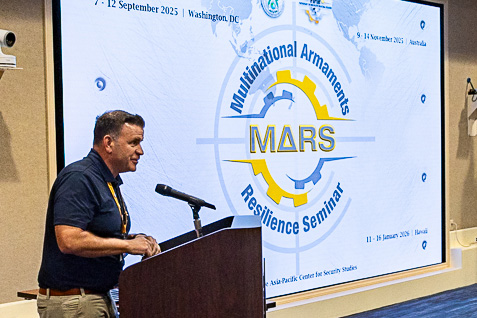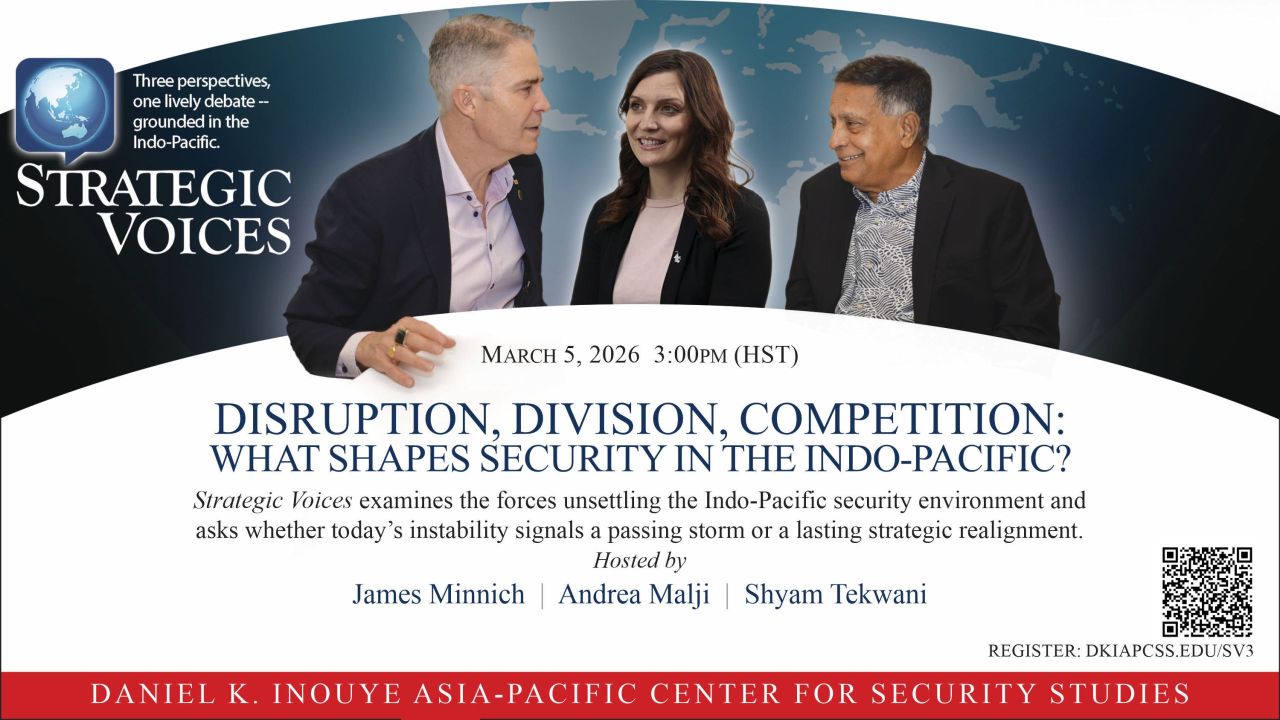In a recent episode of the Security Nexus Webinar, hosted by the Daniel K. Inouye Asia-Pacific Center for Security Studies, experts explored the complex relationship between China’s ancient philosophies and the modern strategies that shape its role on the global stage.
The episode, titled “China’s Strategic Culture: Confucianism or Realpolitik?,” was moderated by Dr. James Minnich and featured guest expert Dr. Lucas Filler. Together, they examined how China’s governance and international relations are deeply influenced by its historical and cultural traditions, particularly the enduring legacy of Confucianism.
Confucianism, which emphasizes harmony, stability, and moral governance, has profoundly shaped China’s identity and diplomatic strategies. However, the discussion highlighted how these ideals often intersect with the pragmatic, power-driven principles of realpolitik, especially in relation to China’s global ambitions.
This duality of Confucianism was a key theme in the webinar. While it promotes peaceful resolutions and moral governance, it also supports the use of authority and force to maintain order and safeguard collective interests. The webinar explored how China navigates this tension, reconciling its commitment to harmony with its readiness to employ force when deemed necessary.
Another focus was the “Middle Kingdom” mentality, a product of Confucian thought and centuries of dynastic rule. This view of China as the center of civilization continues to shape its approach to global leadership and interactions with other nations. Dr. Filler emphasized how this sense of exceptionalism drives China’s desire for international recognition and influences its strategic actions, including initiatives like the Belt and Road Initiative.
The webinar also examined China’s use of soft power, particularly through Confucius Institutes, which promote Chinese language and culture abroad. While initially intended for cultural exchange, concerns were raised about how these institutions can sometimes be used coercively to shape global narratives in China’s favor.
The episode underscored the importance of understanding China’s unique blend of ancient philosophy and modern strategy for effective engagement on the world stage. As China continues its ascent to global power, its strategic culture, shaped by Confucian ideals and realpolitik, will undoubtedly play a pivotal role in shaping the future of international relations.
Books mentioned during this episode:
- “River Town: Two Years on the Yangtze” by Peter Hessler (HarperCollins, 2010)
- “Oracle Bones: A Journey Through Time in China” by Peter Hessler (HarperCollins, 2009)
Disclaimer: The opinions expressed in this webinar are those of the speakers and do not necessarily reflect the views of DKI APCSS or the US Department of Defense. Books mentioned are for educational purposes and not an official endorsement.









Leave A Comment